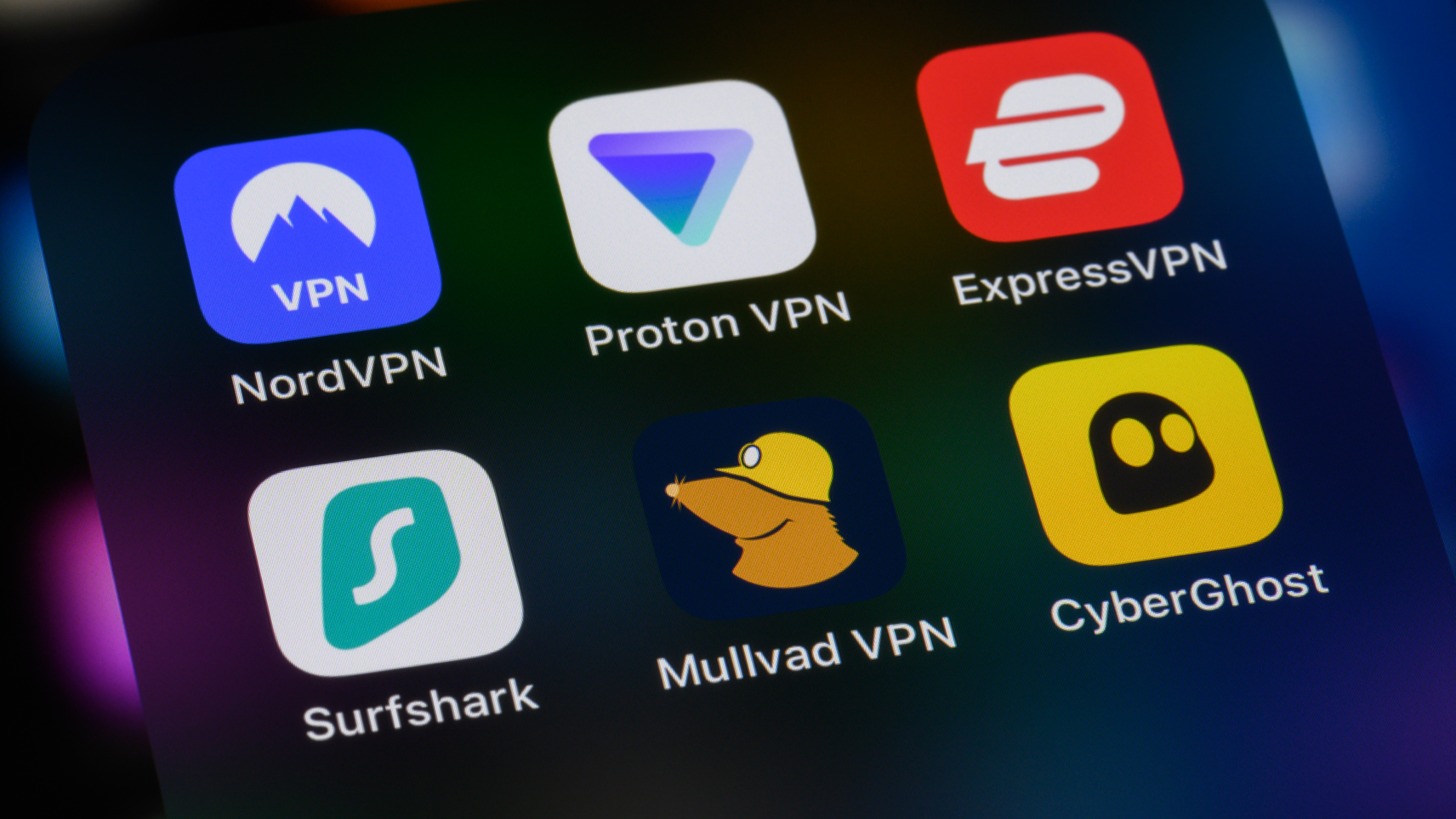- A Wisconsin adult content bill could force adult-only websites to block VPNs
- The bill was approved in the Assembly and is now advancing in the Senate.
- It echoes a proposal from Michigan, as VPNs are increasingly seen as an obstacle to effective, mandatory age verification.
Using a VPN to access adult-only sites could become illegal in Wisconsin if a proposed age verification law passes
First introduced in March, what is known as Wisconsin AB 105/SB 130 is quietly moving through the legislative process. The proposal has already passed debate in the Assembly and had its first public hearing in the Senate held on October 8.
The bill seeks to introduce an obligation for all service providers operating in Wisconsin, “who knowingly and intentionally publish or distribute material harmful to minors on the Internet,” to prevent anyone from accessing their content when connected to a VPN.
As mandatory age verification is enforced inside and outside the US, people are increasingly turning to the best VPN services in an attempt to bypass these controls and avoid sharing their most sensitive information with third-party services.
Although tensions are growing in the debate over VPN blocking for effective age verification among democracies.
In September, Michigan lawmakers introduced a new adult content bill that would not only require Internet service providers to monitor and block VPN connections, but would also prohibit the promotion or sale of circumvention tools to access prohibited material. A legislative proposal that Proton defined as “a danger to political discourse.”
In the UK, England’s Children’s Commissioner Dame Rachel de Souza also called VPNs “a loophole that needs to be closed.”
However, VPNs are a crucial tool in promoting free and secure Internet around the world. That’s why Fight for the Future activists have launched the VPN Defense Day of Action initiative, exactly to call on lawmakers to adopt “principled leadership” against VPNs.
VPN blocking in Wisconsin: What we know so far

It’s not yet clear how lawmakers plan to implement this VPN blocking requirement, nor how websites displaying adult-only content could practically only restrict VPN traffic coming from Wisconsin users.
Depending on how virtual private networks (VPNs) work, in fact, websites can only see users’ spoofed IP addresses and not their real locations. This means that even if adult sites detected VPN traffic, it could be virtually impossible to determine where the person is actually connected from.
This could mean that not only would people in Wisconsin have to share their biometrics, IDs, and credit cards without the security of a VPN encrypting their communications, but adult sites could also be forced to block. all people who access their services regardless of their location.
However, another option could be to shift the burden to VPN companies. This outcome is what Proton fears most about this type of proposal.
Commenting on the Mchighan law, Proton’s US public policy manager Christine Bannan told TechRadar: “We don’t want to be forced to track content, nor do we want our users to agree to having their information tracked. We don’t want to be a blocking tool, and that’s the biggest risk.”
It also remains to be seen whether sites with “material harmful to minors” will also include social media providers, as the bill does not specify this at the moment.
Furthermore, according to the text, all sexually explicit content must have an age restriction if it lacks serious literary, artistic, political or scientific value for minors. However, we don’t know who is supposed to judge and define what is lewd and what is not.
There are many open questions that lawmakers still need to address as the bill moves through the legislative process. TechRadar reached out to politicians working on the bill, but we’re still waiting for a response at the time of publication.



